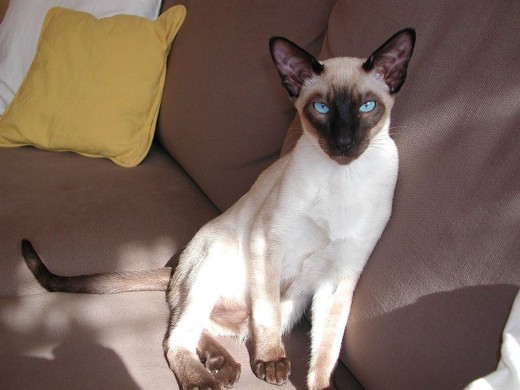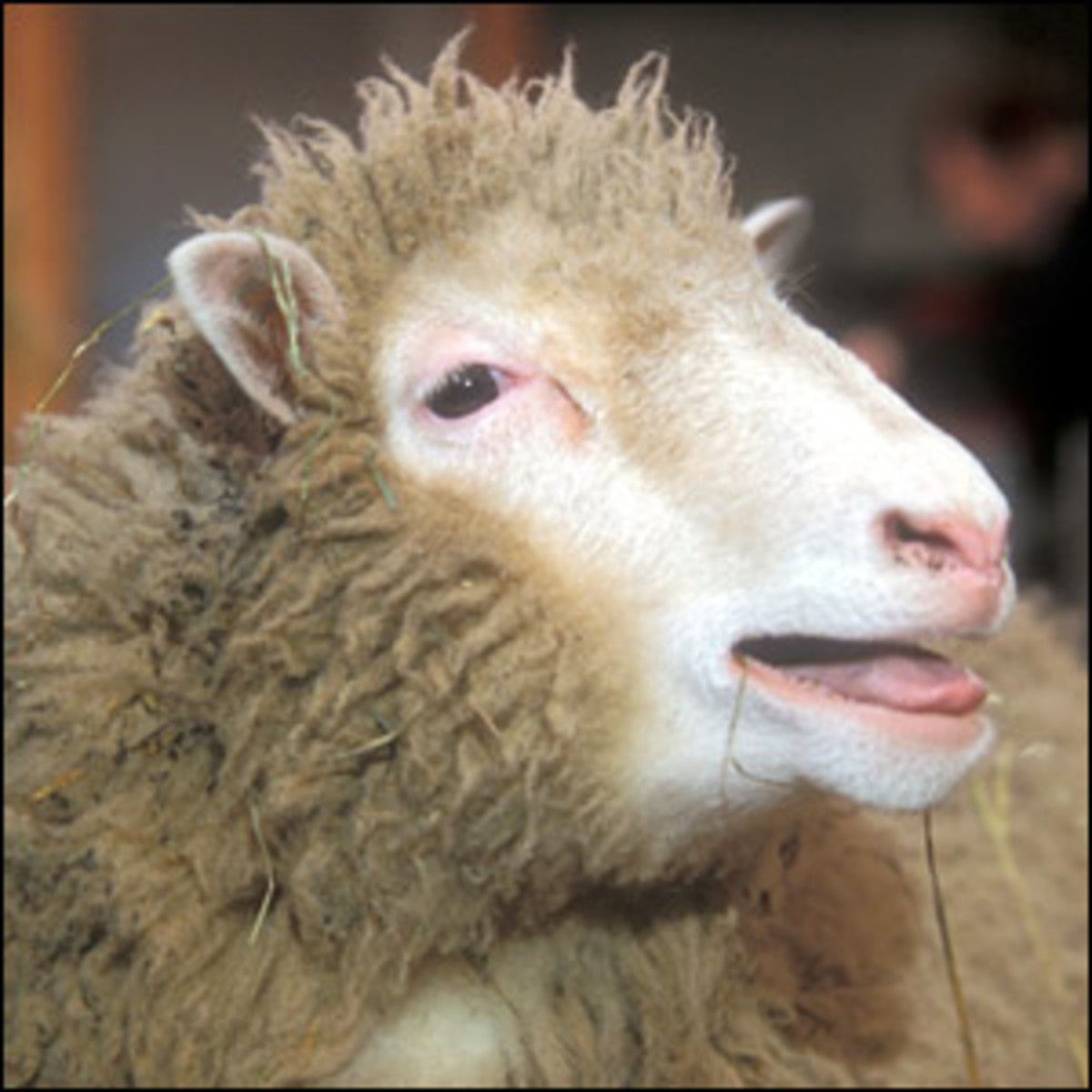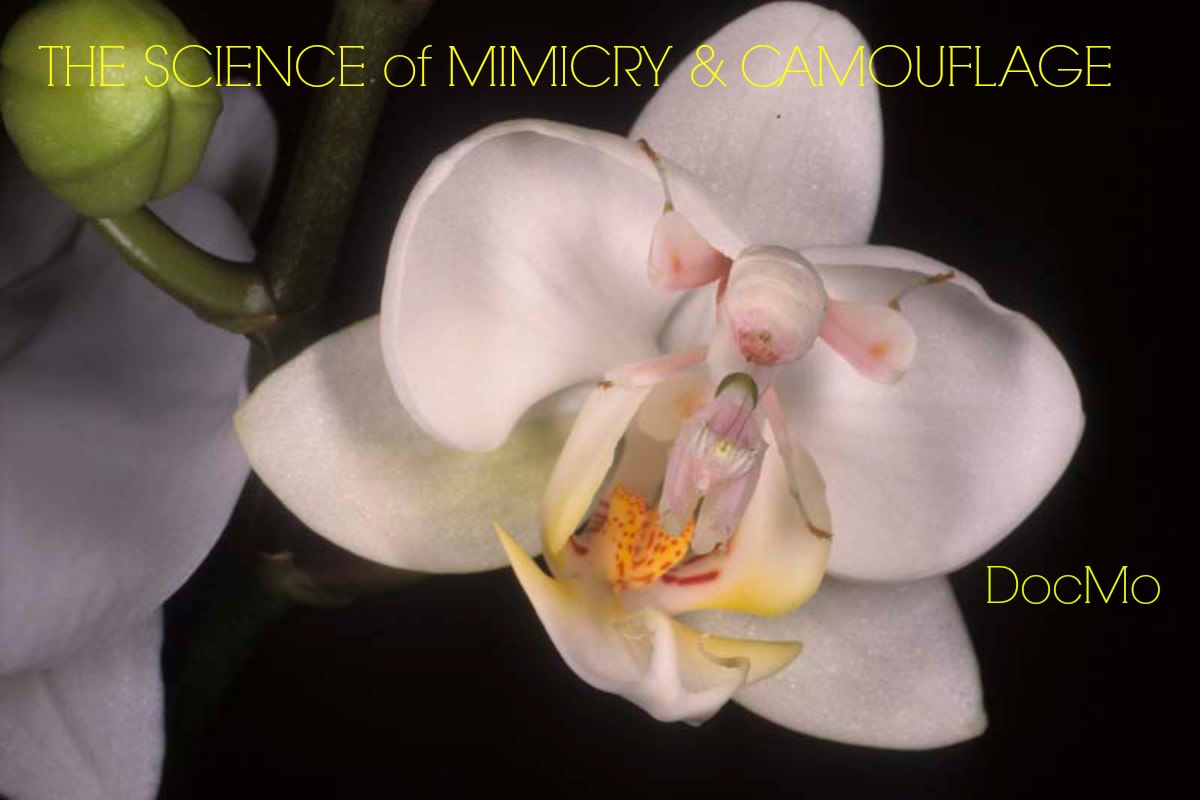Can Cloning Humans be Ethical?
We've done it with flowers for years

Learn More
Should we do this?
Cloning, the process of producing genetically identical individuals has been a subject of scientific research for decades. It's been a focus of interest and misinformation in science fiction for almost as long. So what is a clone? Can humans be cloned? Should we be?
What is Cloning
One common misconception about cloning is that it's an entirely artificial process. What scientists refer to as embryonic cloning actually occurs quite often in nature. It even occurs among humans. We call them identical twins. Embryonic cloning is simply the process of splitting an embryo at a very early stage of development (just a few cells). When this happens two separate individuals develop and can grow to adulthood. It can occur naturally as in the case of twins or artificially in the lab. When the word clone is used most people don't think of embryonic cloning or twins but it must be kept in mind when thinking about the process. What most people think of is adult cloning sometimes called reproductive cloning. This is an artificial process. It consists of taking the nucleus from a cell of a mature individual and putting it into an egg cell from the same species that has had it's nucleus removed. When this is done properly under the right conditions the egg will begin to divide and grow into a genetic copy of the adult organism whose cell was used. The clone is, in many ways a time delayed twin to the original organism.
Temperature sensitive proteins in action

Natural clones

Famous identical twins aren't exactly identical
Clone does not mean duplicate
Another common misconception is that a clone will be an exact copy because it has the same D.N.A.. One can look at such famous real world twins as Dylan and Cole Sprouse to see that is not the case. Even twins that are extremely close in appearance have subtle differences. If nothing else differs they can be told apart by their finger and footprints. The reason is that genes are not the sole force determining appearance. Environment also plays a large factor. A familiar example of environmental influence is the fur pattern of siamese cats. The genes governing the cats fur color create a protein that is temperature sensitive. When cool the pigment is darker and when warm it is lighter. That's why a siamese cats nose and the ends of its extremities are darker than it's body, they are cooler. Likewise cats of that breed in colder climates will be darker than those in warmer areas. In cases of human twins like the Sprouse brothers minute environmental variations including which side of the womb they grew on lead to subtle differences. In the case of clones the two individuals don't even grow in the same womb nor does the D.N.A. work in the same egg cell. The egg cell is filled with proteins that regulate growth and has the mitochondrial power plants for the cell which has own D.N.A. and reproduces independently within the cells. Unless a clone uses an egg cell from the mother of the original organism this extra-nuclear environment within the clones own cells will lead to even more differences than would exist between natural twins
How memories work
- Where and how is memory stored? (Kay, age 17) | Physiological Society Understanding Life
This is one of the ‘big’ questions for which we do not yet have a complete answer.
It won't work like this
Shared genes not shared minds
Another misconception is that a clone will act like it's original or somehow share memories. Although the idea of memories being stored genetically was once considered a plausible hypothesis that is no longer the case. Today the most accepted theory is that memory is stored largely as neural connections within the brain and cannot be passed along genetically. While their might be some personality traits that are genetically encoded they will be impacted by environment just as other traits are. Tales of “twin telepathy” as far back as the Corsican Brothers may well be based of the genetically governed elements of personality as much as any extrasensory phenomenon. These tales of natural twins do have a significant difference from clones. Naturally produced twins, even if separated at birth, grow up in the same period of history and will share some basic cultural touchstones. One could not clone George Washington raise him in today’s world and expect that his personality will be much like that of the original. The environment, especially the cultural environment, is simply too different. While a clone having a twin like E.S.P. connection with a living original cannot be completely discounted, any more than such connections among natural twins may be, something more would be needed for them to share memories. It would require a method of copying and transferring memory separate from the cloning process. Even if such a technology were invented it would not lead to a the 6th Day situation where the clone thought it was the original. The clone would be younger than the original and exhibit the physiological differences previously mentioned. There have however been examples in fiction of societies that regarded memory transfer to clones as a means of immortality.
What's already been done and the risks
They won't be that different
A third misconception is that clones will somehow be a qualitatively different form of life. This often manifests in fears of eating meat from cloned animals. In fiction it manifests as presenting a cloned person as less human than the original. Several different animals have been cloned and while the process does lead to health issues including accelerated aging there is nothing that suggests they are unsafe to eat. Likewise nothing in the cloned animals behavior suggests a potential for a cloned human to be psychologically abnormal.
A new science we must understand first
Do we dare subject humans to these risks?
The health problems experienced by cloned animals do create an ethical conundrum when it comes to using the technology on humans though. Surely it would be unconscionable to subject a child to the risk of accelerated aging or organ issues. Most of these problems are the result of the fact that science is still learning about how genes are regulated. The field of epigenetics is even researching how genetic regulation can be inherited. This is an issue for cloning because cell differentiation switches genes on and off that should not be switched in the clone. Simply stripping the cell of all heritable regulation isn't an option either. Epigenetic research has discovered that in mammals parental environment can influence the genes that are active in offspring. All mammalian life has adapted to function with certain genes switched depending on parental environment or even which parent provided the gene. Someday science may come to understand how to control genetic regulation to an extent that humans may be cloned safely but it's still decades away at least.
The ethics here are pretty clear.
Why clone a person when you can just clone the organs?
- HowStuffWorks "Could we clone our organs to be used in a transplant?"
Cloned organ transplants might seem impossible, but researchers are working on it. Learn how cloned organ transplants might help those who need donors.
Clone Slaves?
If we can do it safely why would we?
Of course the ability to cone a human safely does not make it ethical. One must also consider why one wants to create a clone. Some reasons that have been proposed are quite clearly unethical. For example to clone someone to harvest their organs as was done in the Island is clearly unethical. It's probably also unnecessary as scientists are already researching how to clone individual organs separate from the body.
Cloning someone to do a job like the clone troopers in Star Wars seems ethically dubious. However many parents raise children hoping they will grow up to take on a certain profession. Regardless of individual feelings about such parenting practices their children aren't taken away by the state indicating the practice is officially tolerated. If someone, clone or not, is forced to do a job then it becomes slavery which is definitely immoral. However when there is expectation without compulsion the morality is more murky.
For someone who can't conceive a child by natural means cloning would provide a genetically related offspring. Although that would seem a perfectly acceptable reason to create a clone it also opens the door to someone raising a clone of themselves out of vanity. Likewise it might seem a loving tribute to clone a lost loved one like a parent or child who died an untimely death. Unfortunately such a practice could leave the clone vulnerable to unfounded expectations that it would be more like the original than it is capable of being.
As previously mentioned, some have conceived of transferring memories to a clone as a means of immortality. Unless the memories are transferred to a clone during it's infancy, this would require either adding the originals memories to the clones existing life experience or growing the clones to adulthood without permitting it to have it's own experiences. This would be most easily accomplished by growing a clone to adulthood entirely in vitro. Is it moral allow a person to extend his life at another individuals expense? Would transferring memories to a clone be considered that? Unless the clone is regarded as less than a person can it be thought of any other way? Is it not denying an individual a chance at life to grow it to adulthood without a chance to live or to wipe it's memories in favor of another persons? On the other hand a clone that has grown into young adulthood could benefit from gaining the life experience of an older original if the process did not overwhelm or displace the clones own individuality. Would it be legitimate to consider such a clone a continuation of the originals life or should it be considered a separate individual who shares some of the originals memories?
Was this ethical?
- More Babies Being Born to Be Donors of Tissue - New York Times
At about 8 o'clock this morning, doctors at the City of Hope Medical Center in Duarte, Calif., plan to transplant bone marrow into Anissa Ayala, a 19-year-old girl who is dying of leukemia. The marrow will come from her baby sister, Marissa. Their pa
Sometimes ethics is less an issue of what than why.
When the time comes that a human can be safely cloned it may be possible to do so ethically. Like many ethical issues it depends less on what we are going to do than our reasons for doing it. A clone that is created to be his own person and cared for as such seems as ethical as natural means of creating a child. To create a clone for other reasons though opens many ethical questions. Our society is already grappling with the ethics of parents who have a child to be bone marrow donors for siblings. The issues that cloning might raise are likely to be far more confusing.




![Star Wars Clone Wars - Season 1-5 [Blu-ray]](https://m.media-amazon.com/images/I/611IzR7928L._SL160_.jpg)







